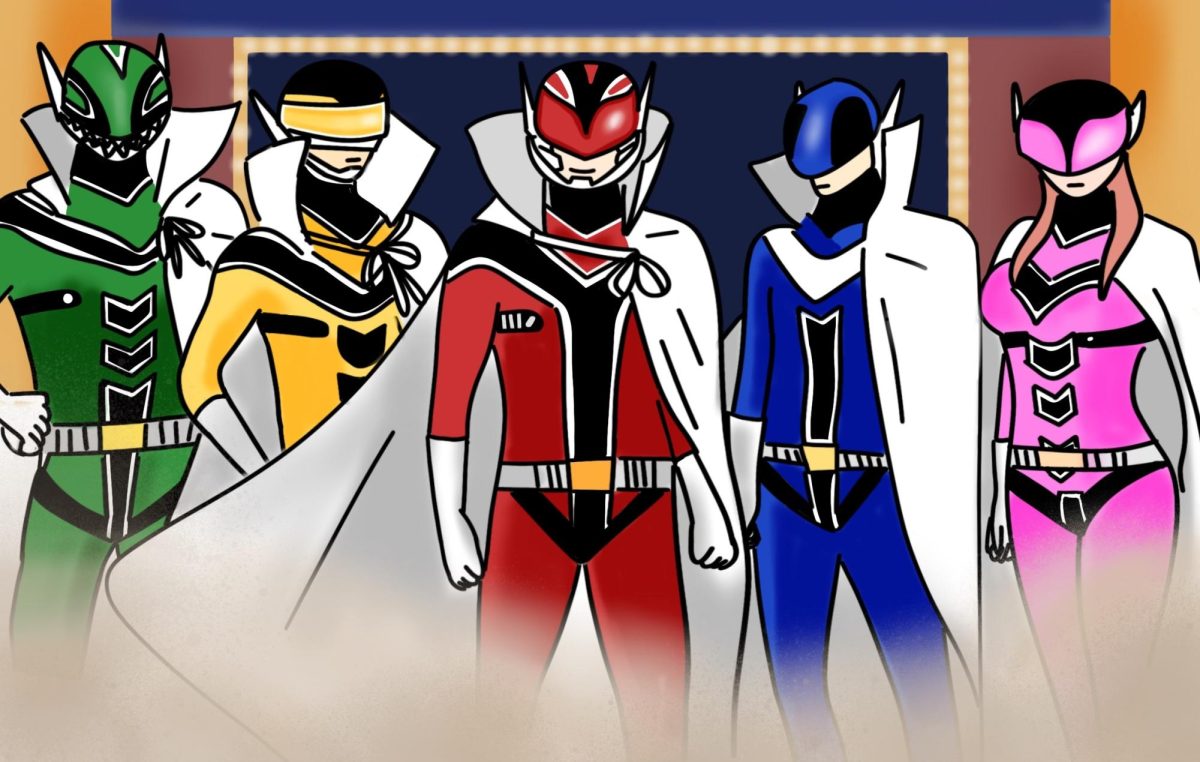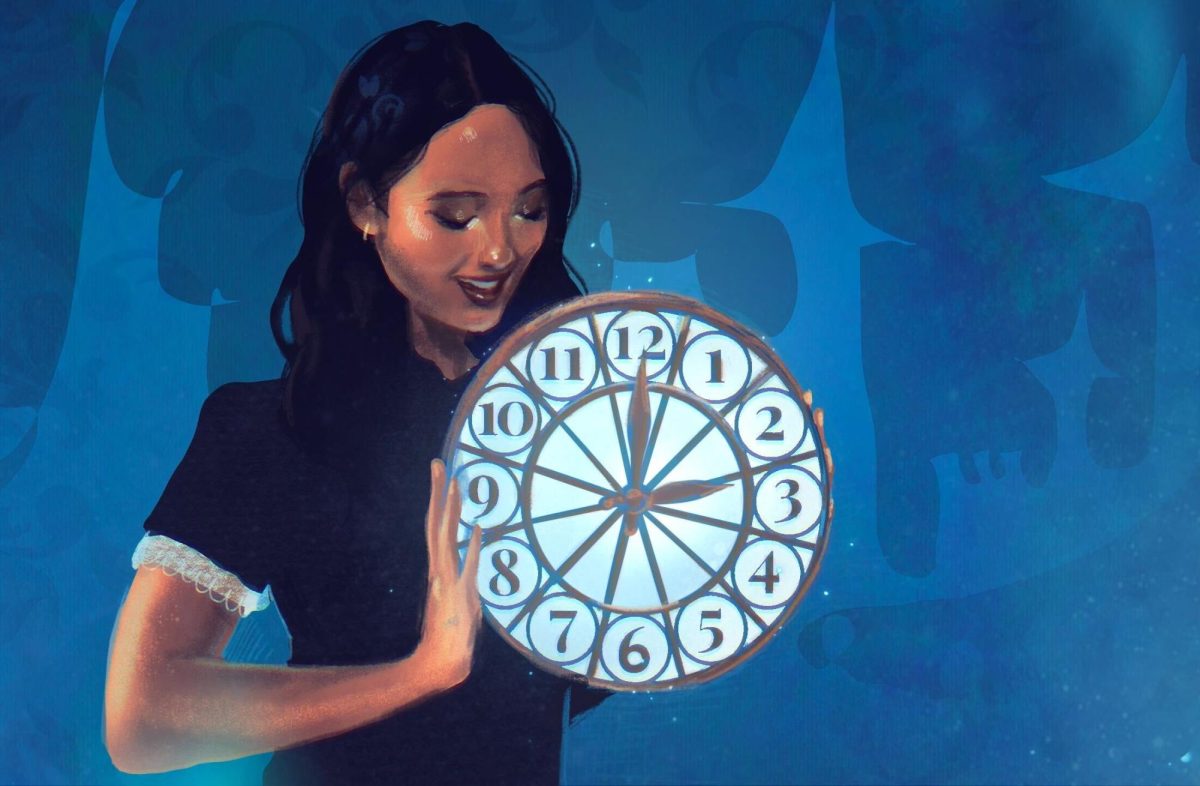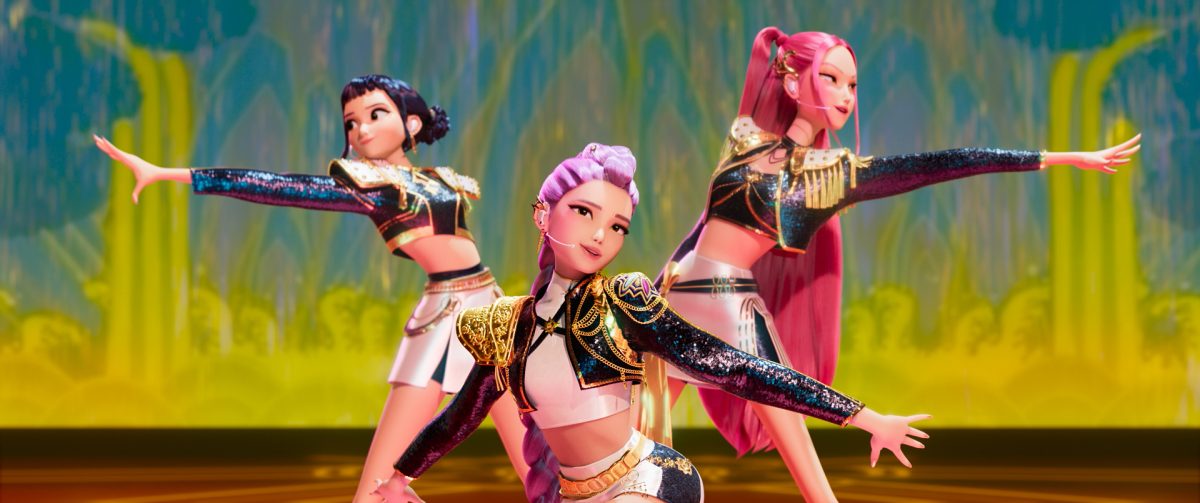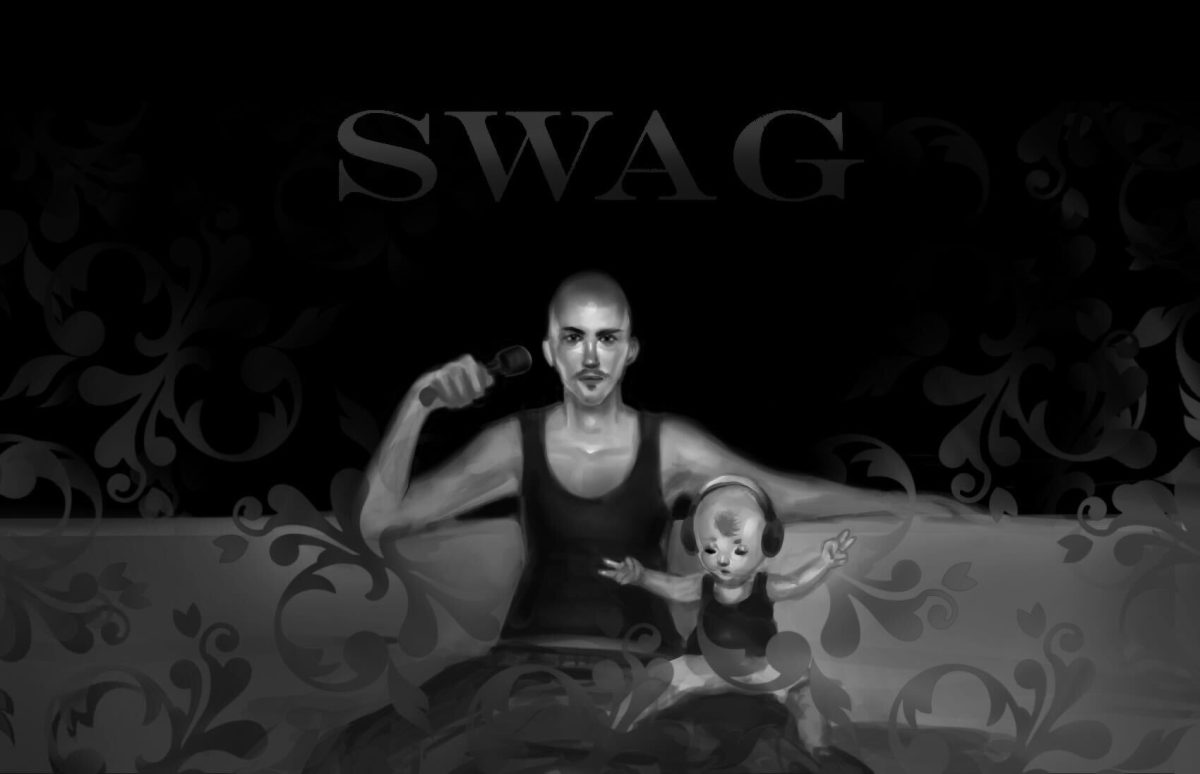Last August was the 30th anniversary of the U.S. television debut of the live-action series, “Mighty Morphin Power Rangers.” For Gen Zers unfamiliar with the show and the catchy theme song (“Go! Go! Power Rangers”), the adaptation of the Japanese sentai series from the 1970s featured American actors playing the roles of the five, color-themed superheroes (three males and two females) battling alien invaders on Earth.
Perhaps to reach out to Power Ranger fans and to attract a new following, Hulu earlier this year released a 12-episode Japanese anime that harkens back to those same characters. Based on watching the first three episodes of “Go! Go! Loser Ranger!” (adapted from the 2021 Japanese manga, Sentai Daishikkaku, written and illustrated by Negi Haruba), the series in Japanese with English subtitles succeeds in offering an intriguing take on what it truly means to be a hero. (It can also be viewed with English voice actors.)
The first episode, which premiered Sunday, April 7, establishes the fictional world of Japanese citizens tuning in to their TV screens weekly or watching live in a stadium an upcoming battle between “good” and “evil.” A five-member team of fighters known as “Dragon Keepers” (think Power Rangers) work toward protecting the Earth from the monsters sent from somewhere above them in the skies.
These creatures, who somehow have the ability to resurrect after the Keepers have apparently killed them off, come up with new schemes to defeat their “enemies” — the red, blue, green, pink and yellow sentais. The latest plan, which is what the series is based on, involves a monster known as “Fighter D,” who decides to infiltrate the compound that trains those who want to become future Keepers, known as Rangers, and then kill off as many of the five protectors as possible.
Fighter D does this through the monsters’ ability to take on any human form. As a new trainee, he meets one of the lead Rangers, Yumeko Suzukiri, and a newbie, Hibiki Sakurama. The dialogue among the three work quite well as viewers get to see each character’s quirks and charms as well as some slapstick humor.
Eventually, dramatic irony builds as viewers — through the eyes of Fighter D — discover the true intentions of Fighter D’s new friends (Suzukiri and Sakurama) and those of the Dragon Keepers. To go into more details about this would spoil it for those who want to give this series a try.
The series isn’t without its flaws. At times, the humor feels forced, using absurd comedy too heavily, which may leave viewers underwhelmed. Nevertheless, each new episode that’s released weekly is worth tuning in to see whether the anti-hero in Fighter D succeeds, which relates to the anime’s title.
For those looking for catchy tunes, “Go! Go! Loser Ranger!” has strong opening and ending scores in Japanese, though neither offers a new take on the American classic “Power Rangers” theme song. But feel free to play that soundtrack on YouTube and substitute those words with “Loser Ranger” each time a new episode is released.
(“Go! Go! Loser Ranger!” season one features 12 episodes with the last one scheduled to be available for streaming on Hulu at 1 a.m. Sunday, June 30.)














